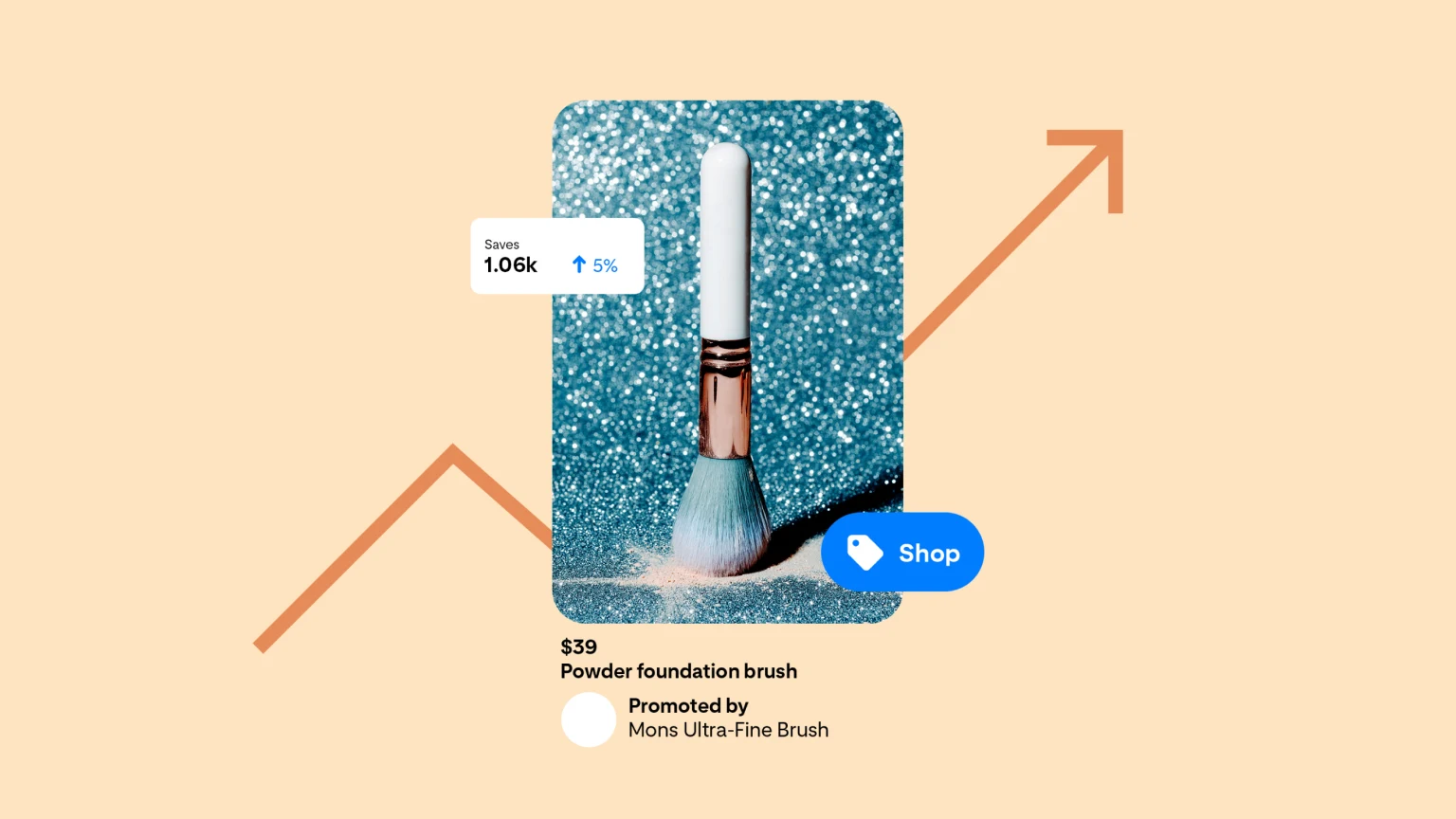Unlock performance insights with this testing strategy
February 21, 2024

There’s no shortage of challenges for today’s performance marketers, from new data regulations to tighter budgets. But the faster you adapt, the more you’ll get ahead. And with all the changes around us, it’s time to take a fresh look at your testing strategy.
Great results start with a smart campaign setup. At Pinterest, we recommend a MECE approach to testing that helps performance marketers gather nuanced insights and tweak specific variables. MECE stands for mutually exclusive, collectively exhaustive—and it’s a helpful way to gut check campaign structure with optimizations in mind.
Making things MECE
Using MECE, you can isolate individual variables to really see what’s impacting results. You’ll run five lower funnel campaigns at once, each tailored to specific placements and targeting. This helps you cover all possible outcomes, while reducing the overlap between individual campaigns.
To see why it works, think of your performance campaigns like a puzzle. Every piece serves a purpose—but the pieces are most effective when combined. In a MECE testing approach, each campaign serves a very specific goal and audience. And when you put all five campaigns together, you reach your target audience across different parts of the lower funnel journey.
Campaign structure and reach
On Pinterest, you can target people in a broader discovery and consideration mindset via the home feed, or people looking for specific ideas using the search functionality. With MECE, your campaigns will reach people across both surfaces, helping to boost your acquisition and inform future plans.
Here are the five campaigns you’ll want to design. Notice that each covers a slightly different set of criteria—that’s the mutually exclusive part. This helps you really narrow into what’s working, and where to improve.
Home feed prospecting using open targeting
Search prospecting using open targeting
Home feed remarketing for site visitors
Search remarketing for site visitors
Dynamic retargeting for previous engagers

You’ll notice that these five campaigns provide a mix of Pinterest ad placements to help you cover people moving down the funnel from consideration to action. You’ll also take advantage of many of our targeting tools, with both prospecting and remarketing covered in the mix.
To start, we recommend designating equal budgets for each campaign so that they each get a fair share of resources. From there, you can compare performance and adjust budget accordingly.
Learn, iterate and optimize
Once you’ve run your campaigns for a bit, you can start digging into the results to see what’s working, and where to improve.
Check out the image below as an example. In this case, we’re comparing Campaigns 1 and 2 to see which strategy brought a more efficient cost per acquisition (CPA). The two campaigns share many traits, except for placement. In this case, the cost per acquisition was lower for Campaign 1, meaning that the campaign with a home feed placement drove better results. From here, the brand can apply these new insights to budget allocations or future campaigns and keep improving their impact.

Try MECE for your next performance campaign
Now it’s your turn to ace MECE and get the best possible results on Pinterest. First, check out all of our performance marketing products to decide on your overall approach. Then, head to Ads Manager to start setting up fresh campaigns.
Want to learn more before digging in? Check out a summary of our broader performance campaign framework, or take the free course on Pinterest Academy.


